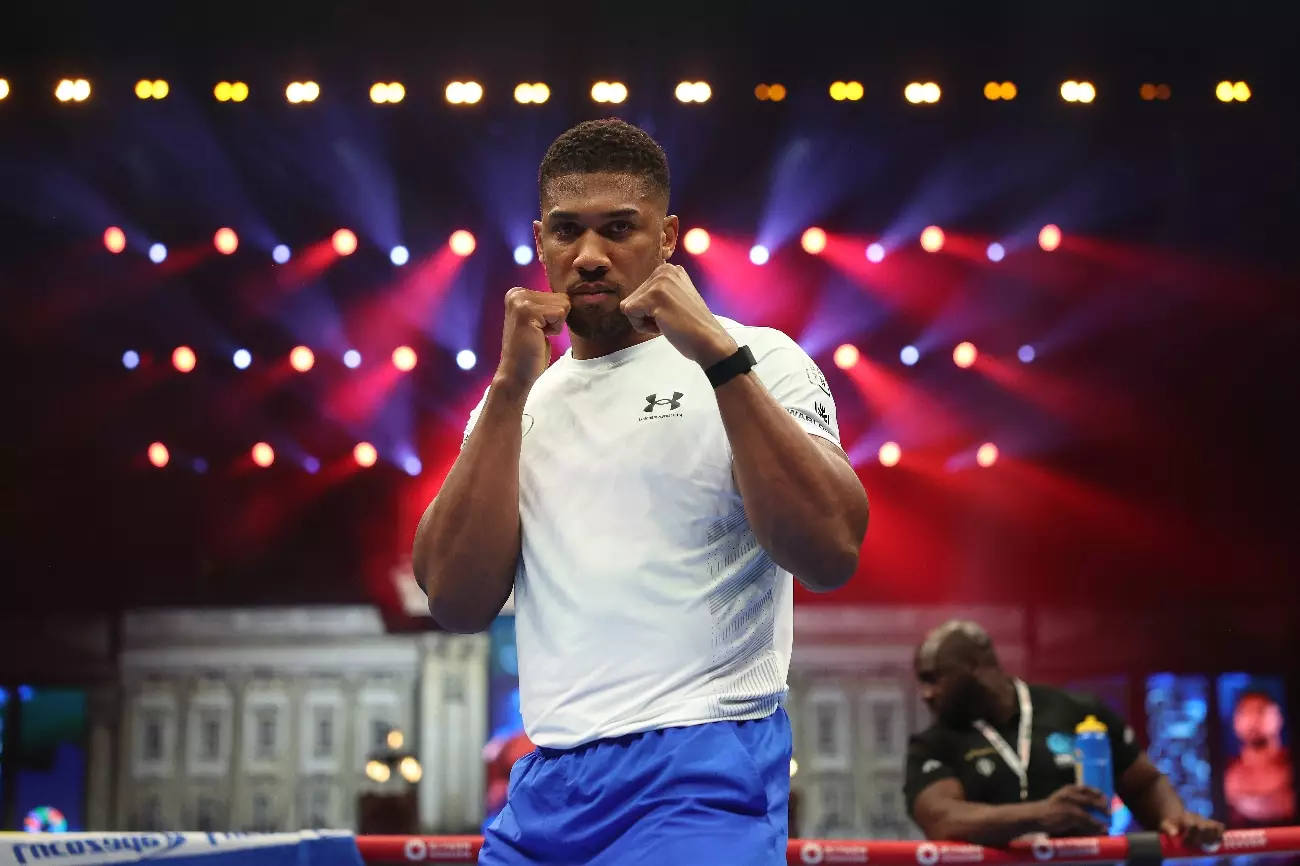The landscape of heavyweight boxing has been tumultuous, particularly for Anthony Joshua. With the upcoming rematch between Tyson Fury and Oleksandr Usyk, all eyes are once again on Joshua and his future in the sport. His promoter, Eddie Hearn, voiced skepticism about the possibility of Joshua attending the fight, suggesting he would prefer to watch from the comfort of his home than be present at a venue where he could face uncomfortable scrutiny. This article delves into the implications of this scenario, exploring Joshua’s recent performances and his psychological state, while also reflecting on the dynamics of the heavyweight division.
Anthony Joshua, once a dominating force in the heavyweight division, has faced significant challenges lately. His back-to-back losses against Usyk have not just impacted his record but have also taken a toll on his mental fortitude. These defeats serve as more than just setbacks in the ring—they have reshaped public perception and his self-image as a fighter. After his last fight against Danel Dubois, where he suffered a knockout, the pressure to reclaim his status has only intensified.
Hearn’s assertion that Joshua may prefer to avoid the spotlight appears founded in this psychological reality. Witnessing a pivotal fight featuring competitors who may soon be his rivals, and listening to incessant media inquiries about his next steps could exacerbate Joshua’s already fragile confidence. Sitting ringside could amplify feelings of inadequacy and highlights his struggles, but does it also signify an opportunity for redemption?
The Strategic Importance of Visibility
Despite the emotional toll, there remains a compelling argument for Joshua’s presence at the Fury vs. Usyk rematch. Attending might offer him a platform to reclaim some of the narrative surrounding his career. Should he choose to confront the winner immediately after the fight, it could effectively shift some of the conversation back to him in a strategic play to regain relevance in a division that continues to evolve in his absence.
This unexpected approach could serve not only as a bold psychological maneuver but also an essential career move. Tyron Fury and Oleksandr Usyk are at a pivotal point in their careers, and aligning himself with either would effectively signal that Joshua is still very much part of the heavyweight conversation. Failing to show up could reinforce a narrative of retreat, leaving the boxing world to question his determination and ambition.
Critique of Eddie Hearn’s Perception of Fury
Eddie Hearn’s comments regarding Tyson Fury suggest an admiration that borders on hyperbole. While it’s evident that Fury possesses remarkable skill and charisma, Hearn’s tendency to romanticize Fury’s past achievements—specifically his victory over Wladimir Klitschko—deserves scrutiny. Klitschko, at that point in his career, was far from the peak of his capabilities. Thus, the narrative crafted by Hearn risks overshadowing the broader context of each fight and the circumstances influencing those outcomes.
Hearn’s assertion that Fury has “extraordinary” capabilities only enhances the pressure surrounding this rematch. Could this pressure work against Fury? If the bout does not meet the lofty expectations articulated by Hearn, the ramifications could ripple throughout Joshua’s career as well, creating more uncertainty about his future matches.
For Joshua, whatever path he takes—whether attending the fight or remaining out of the limelight—will play a crucial role in shaping his comeback trajectory. If he decides to remain a spectator, he might find some solace in understanding that healing takes time and that re-entering the fray requires not just skill but a renewed sense of self-belief.
Conversely, if he surprises the boxing fanbase and attends, showcasing a willingness to confront his challenges directly, he could begin to redefine his narrative. As the heavyweight landscape continues to unfold, it’s vital for Joshua to weigh his options carefully—balancing between the need for recovery and the desire to reclaim his status. The world of boxing is watching closely, and the decisions he makes now will determine whether he can rise back to prominence or remain in the shadows of those like Fury and Usyk.
The road forward for Anthony Joshua is fraught with complexities and public perceptions. Whether he chooses to embrace the limelight or stay in the shadows, one thing remains clear: his actions in the coming days will resonate well beyond the boxing ring. The heavyweight division is in a state of flux, and Joshua’s next moves could very well determine not just his own future, but the narratives that define the sport itself.

